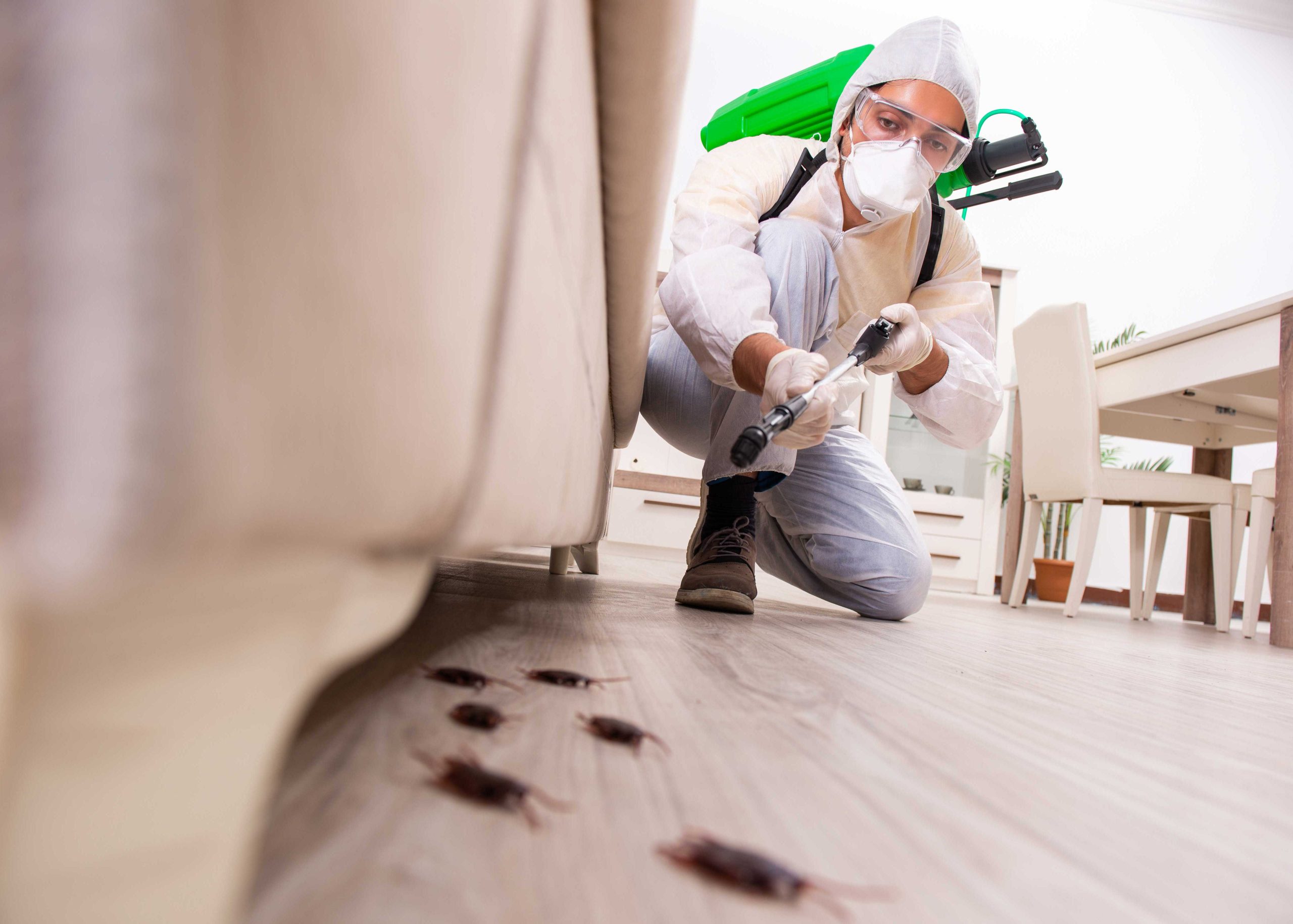Termite inspection professionals ready to serve in Conway
Regular termite inspections and removal services for your home are crucial to safeguarding against termite damage. Professional exterminators in Conway can provide comprehensive inspections and removal services to ensure your property is termite-free, preventing costly damage and ensuring your peace of mind.
In addition to removing any termite infestations, professional exterminators can also diagnose potential issues before they become major problems. By taking proactive measures to protect your home, you can save money in the long run and avoid costly termite damage.
For homeowners in Conway, Texas, investing in professional termite removal services is a smart choice for protecting your home and ensuring your peace of mind. Don’t wait until it’s too late – contact a trusted exterminator in Conway today.

Ensure your home's safety with a termite control professional
1. Contact our team or fill out our local estimate form to get in touch
Need termite removal services? Our local network of experts can help! We make it easy to connect with a professional in your area. All you need to do is call our team or fill out our local estimate form. You won’t be charged until you decide to proceed with one of our trusted professionals. Get top-notch termite removal services today!
2. Connect with a termite extermination expert in Conway
Looking for a Conway termite removal expert? We’ve got you covered. Filling out our form is a great option if you need to connect with an expert at a later time. If you need help right away, give our team a call. Our experts are ready to provide you with an estimate over the phone. They may also need to conduct some basic termite inspections before giving you an estimate.